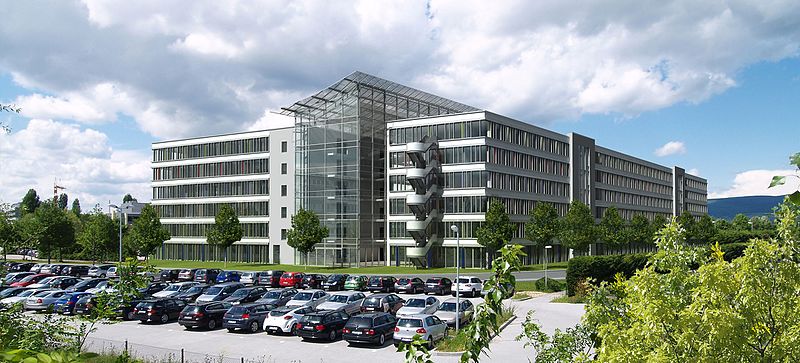Biopharma Boehringer Ingelheim took a big step toward achieving the company’s goal of carbon neutrality by 2030 with the July 8 inauguration of a biomass plant at the company’s headquarters in Ingelheim, Germany.
The new biomass plant produces 95% of the energy requirements for the site in Ingelheim, where the firm does research and production. Using locally sourced waste wood, the facility cuts emissions by 70%, saving 50,000 tons of CO2 per year, the company said.
It is part of a trend of biotech companies seeking to reduce their carbon footprints for production. With overall health care responsible for about 5% of global carbon emissions, pharmaceutical companies are doing what they can to move toward carbon neutrality.
The new biomass plant is part of the firm’s investment of EUR 205 million in sustainable infrastructure projects at the site, according to Boehringer Ingelheim, which is a member of the Biotechnology Innovation Organization (BIO).
“Part of our sustainability goals is to protect natural resources so that our earth remains a place worth living in for people and animals,” said Michael Schmelmer, Boehringer Ingelheim Board Vice Chair, at the inauguration. “With an environmentally friendly and more independent energy supply, we are ensuring stable production in order to be able to deliver medications for patients worldwide.”
The history of the Ingelheim site
Ingelheim has served as the headquarters of Boehringer Ingelheim since 1885, when the company was founded. Since its development, Boehringer Ingelheim has grown to become one of the leading, research-driven biopharmaceutical companies in the world, employing more than 9,500 employees at the Ingelheim site today (and more than 53,500 employees serving over 130 markets internationally).
Now, with the incorporation of their biomass power plant, the company is staying ahead of the curve in a move to bring the site to carbon neutrality.
“Biomass is an important source of renewable energy and is considered almost CO2 neutral,” according to Boehringer Ingelheim.
With the increasing instability of fossil fuel usage in the R&D and manufacturing sectors, Boehringer Ingelheim’s use of readily available, renewable resources will help with its long-term goals of stability and innovation. The new biomass plant is just one step in the company’s multi-pronged approach.
Boehringer Ingelheim has also constructed more energy-efficient buildings at Ingelheim, so far, having been able to save around 25% percent of its energy needs per square meter of floor space. “In Ingelheim, the company has also been operating its own solar park since 2023,” writes the company.
The establishment of the 2024 Ingelheim biomass plant is a continuation of the company’s carbon neutral goas as “several other Boehringer Ingelheim sites are already certified as carbon neutral, for example in Dortmund (Germany), Gainesville (USA), Zhangjian (China) or Sant Cugat (Spain).”
Photo: Ingelheim, Germany plant (Wikimedia)




